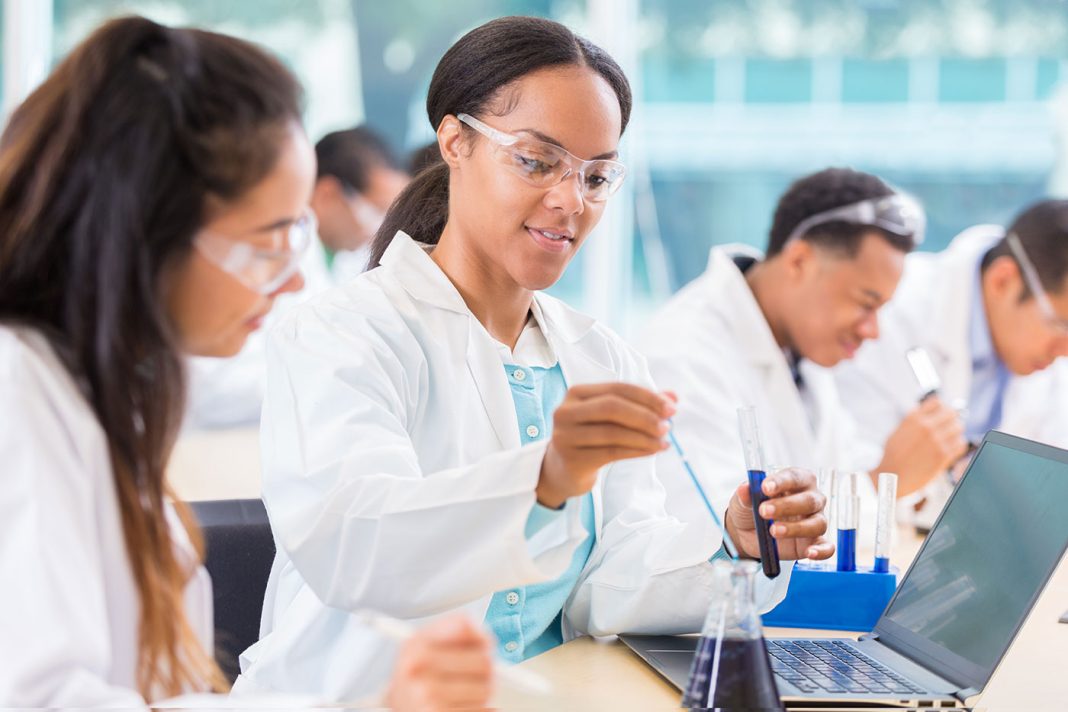Sponsored content brought to you by
While buzzwords like disruption and synergy have lost some of their sparkle, life sciences leaders continue to find real value in growth-minded partnerships. In one of the top 10 life sciences markets in the U.S., a strong culture of collaboration supports such growth; medical marvels and biotech innovations occur every day at the 1,200 life sciences companies in the Greater Philadelphia Region.
Talent Development
Ask a C-suite executive in any industry to name their top business challenge in 2023 and there’s a good chance they’ll mention talent. While life, physical, and social science occupations had the second-lowest unemployment rate in the U.S. at 0.6% according to a recent CBRE study, in the post-pandemic age of the “Great Resignation,” it has never been more difficult to attract and retain great people.
One way to fill the talent pipeline is to reach a deeper, more diverse pool of potential candidates earlier, according to Eric B. Kmiec, PhD, Executive Director and Chief Scientific Officer for ChristianaCare’s Gene Editing Institute, which began a partnership with the Greater Philadelphia-based Franklin Institute in 2021 to do just that. In addition to giving high school students in the Institute’s STEM Scholars program the opportunity to conduct innovative experiments with CRISPR technology, the program allows students to work with graduate student mentors and ask accomplished scientists about career pathways in STEM and biotechnology.
Research Advancement
Marriages between cutting-edge research and clinical work are common in the region’s scientific community. At Children’s Hospital of Philadelphia (CHOP), veteran scientists routinely mentor physicians just starting out, and the connections often yield exciting developments. In 2015, for example, when Rebecca Ahrens-Nicklas, PhD, Assistant Professor of Pediatrics, was beginning her postdoctoral research and fellowship training, she wanted to better understand how to apply gene therapy to some of the rare diseases she was treating. She reached out to Beverly Davidson, PhD, CHOP’s Chief Scientific Strategy Officer, and asked if Davidson would be willing to mentor her, which turned out to be a win-win.
“It was really fortuitous,” Davidson recalls, “because the patients that Becca sees clinically are the ones that I’ve studied in my laboratory for a number of years. Of course, I was studying animal models and she was studying actual patients.”
Working closely together, they have been able to move beyond animal testing into clinical trial planning. “We’re now in the process of trying to make that transition from bench to bedside,” says Ahrens-Nicklas, who now also has mentees of her own. “They’re the young, vigorous people who get us all excited about what we’re doing every day. It’s really wonderful.”
Scientific Collaboration
This cooperative approach fosters growth and development for the region’s life sciences industry as a whole. “Philadelphia has been a great place for scientific collaboration,” says Joseph Rucker, PhD, a scientific co-founder and the Vice President of R&D at Integral Molecular. “Many of the biotechs in Philly began organically from institutions like Penn and Drexel, Temple and Jefferson, so there are a lot of long-standing connections here.”
When Martin Lehr, CEO of Context Therapeutics, which develops treatments for hormone-driven breast and gynecological cancers, called Rucker in early 2021 to see where they might find some potential synergies, the two had been well acquainted for years. In April of that year, they announced a research collaboration and licensing agreement to develop an anti-claudin 6 (CLDN6) bispecific monoclonal antibody for gynecologic cancer therapy. The cooperative deal paid off. In November 2022, they announced lead candidate CTIM-76 as a molecule for targeting CLDN 6-positive cancers.
This shared effort is characteristic of the Greater Philadelphia life sciences ecosystem, which has become fertile ground for strategic collaboration. The tri-state area, a national leader in clinical trials, is home to cell and gene therapy pioneers, biopharmaceutical leaders, and world-renowned research institutions. From its collaborative ethos to its deep talent pool, Greater Philadelphia continues to be a premier launchpad for biotech innovation.
Interested in discovering how Greater Philadelphia’s innovative ecosystem can help fuel your company’s growth? Contact our team for more information about the region’s talent pool, workforce initiatives and how to get plugged in. Start here: selectgreaterphl.com



